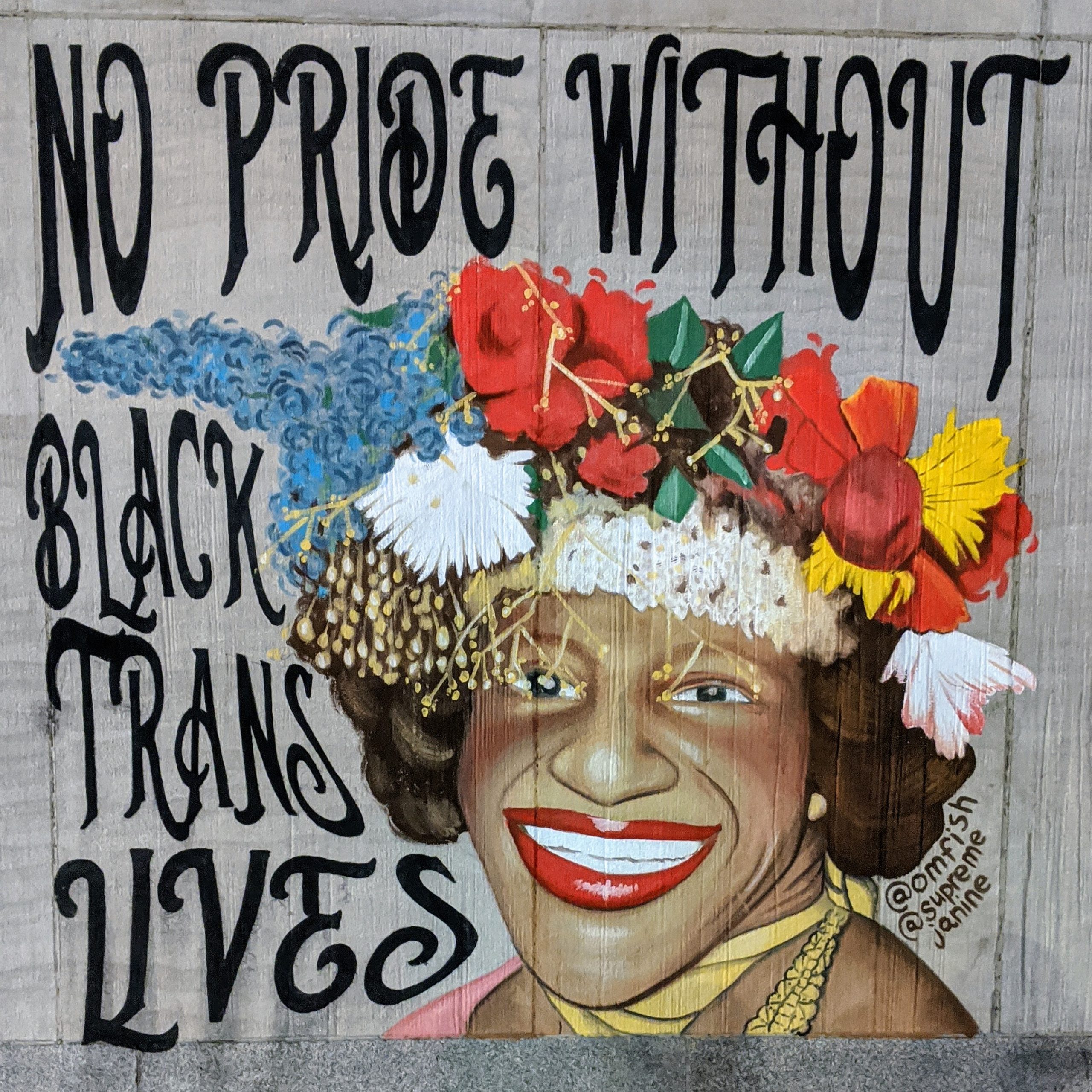Black History Month is the annual celebration of the descendants of those enslaved in the transatlantic slave trade and all of their accomplishments. During this month, we often highlight leaders in the Black liberation movement that made a lasting impact such as, Dr. Martin Luther King or Malcolm X. However, we tend to leave out a certain group of people, because of blatant queer/transphobia. This completely disregards their immense contributions to society, thus impacting those learning about Black History in educational environments.
“It’s important that black queer youth see themselves reflected in history and that they know that Black liberation doesn’t exist without them,” said Taylor Alxndr the executive director/ co-founder of Southern Fried Queer Pride, an Atlanta Based Queer and Trans art community that strives to reshape how people look at being queer and trans in the south.
Here, we highlight the people that you should’ve seen in your history books but were sadly sidelined because they chose to stand in their truth.
Marsha P. Johnson
Born in Elizabeth, New Jersey, Marsha P. Johnson moved to New York with just $5 at 17 years old. Today she is seen as the mother of the gay/trans liberation movement. Known for her notable role in the Stonewall riots, Johnson also spoke up at protests pertaining to aggressive policing, prisoner’s rights, AIDS/HIV awareness, and the legalization of consensual sex work. She continually used her voice for all, including unhoused youth, which she often took in. Today, she continues to inspire and help liberate trans and queer people of color like 23-year-old Spider, a digital organizer for mutual aid projects. “Marsha has taught me that in order for Black Liberation to come into fruition, Black queer and trans people must be centered,” says the non-binary organizer. “The World owes so much to Black trans women for being the blueprint.” Support the Marsha P. Johnson Institute, here.
Bayard Rustin
Moving to New York in the 1930s, to further pursue Civil Rights activism, Bayard Rustin was a key component of the Civil Rights Movement. Known for organizing The Southern Christian Leadership Conference and The Freedom Riders Protest, Rustin stood along with Dr. Martin Luther King and created history. However, his name isn’t as known as Dr. King because he was an openly gay man who also fought for gay and lesbian rights. Rustin was openly gay in a time where homosexuality was punishable by law. In fact, in 1953 he arrested for engaging in homosexual acts and sentenced to two months in jail. Yet, he continued to openly be himself. In his later life, he wrote political books and pamphlets like “Down the Line” (1971) and “Strategies for Freedom” (1976). He even went on to help organize the March on Washington. Read more about Bayard Rustin and his contributions to society, here.
Ma Rainey
Born in 1886 and known as the Mother of Blues, Ma Rainey could move mountains with her voice. She is known for her prominent role in the Harlem Renaissance, her rough and powerful voice made it known that strong women were to be seen and respected. Yet, she isn’t nearly as known as the blues musicians who came after her, like Billie Holiday and Muddy Waters. This is because she was an openly queer Black woman, who wasn’t shy about her identity. She even wrote about it in her music, as heard in her notorious song “Prove it on Me Blues” (1928). When the Blues started losing popularity, she returned to her hometown Georgia and owned two successful theaters. Today, Ma Rainey is getting the recognition she deserves. Not only in this article but in the new Netflix film, Ma Rainey’s Black Bottom. Read more about Ma Rainey’s life, here.
Audre Lorde
The self-described “Black, lesbian, mother, warrior, poet” Audre Lorde shaped black history with her contributions to the Arts. Born in New York City in 1934, Lorde was truly the voice of the people as her work touched on so many topics. From classism and racism to sexism and heteronormativity. She inspired a whole new wave of creative activists and continues to do so. Not only with her organization, The Audre Lorde Project, but her lasting impact on today’s youth. Like Logan Shanks, an African and African-American Studies major at Brandeis University, who is committed to uplifting and educating Black youth. “Audre Lorde helped me reclaim black womanhood, and gave me a deeper understanding of how Black womanhood is washed out by white patriarchal forces. In my opinion, she made the unlanguable, languageable. ” said Shanks. Read up on Lorde’s work and her contributions to society, here.
Overall, I hope for the future that Black Youth see all the facets of Activism and know that you can be a revolutionary and still stand in your personal power. It is important that we talk about queerness in Black history because there is no Black history without the contribution of queer and trans people. It is also important that we show queer youth that people fought for their social freedoms in the past and that they deserve to be heard and respected.




